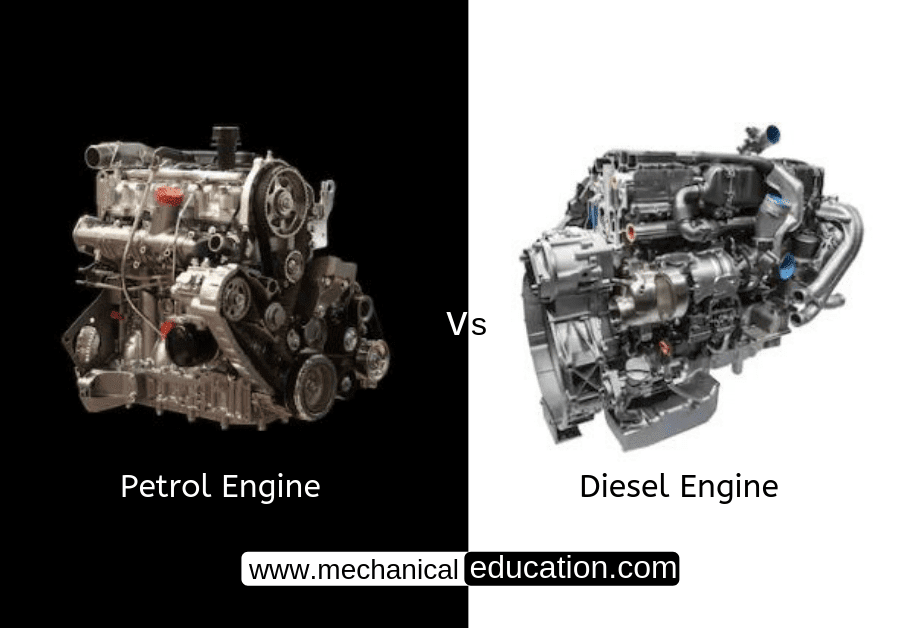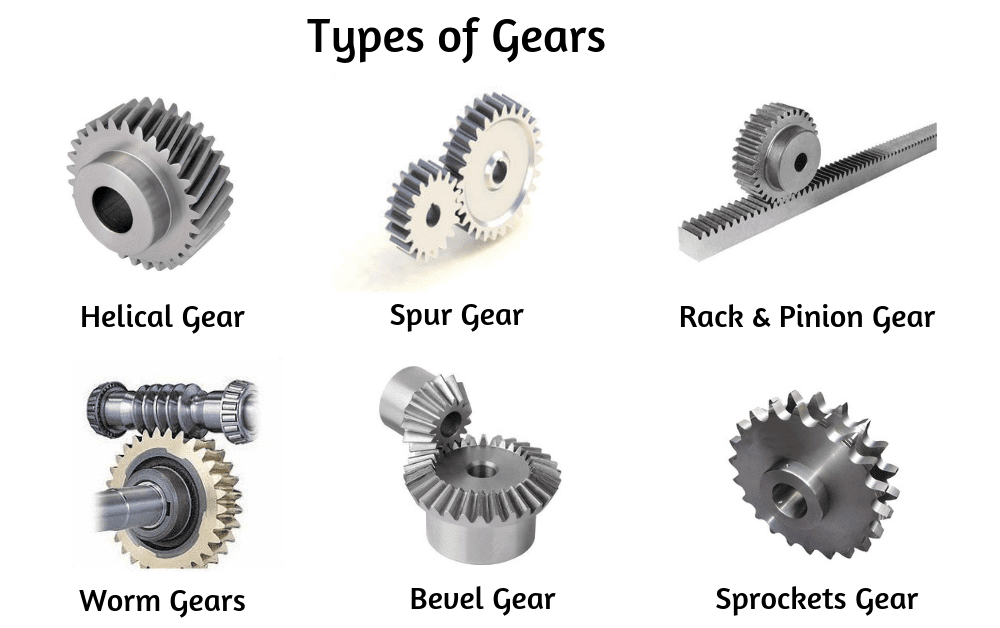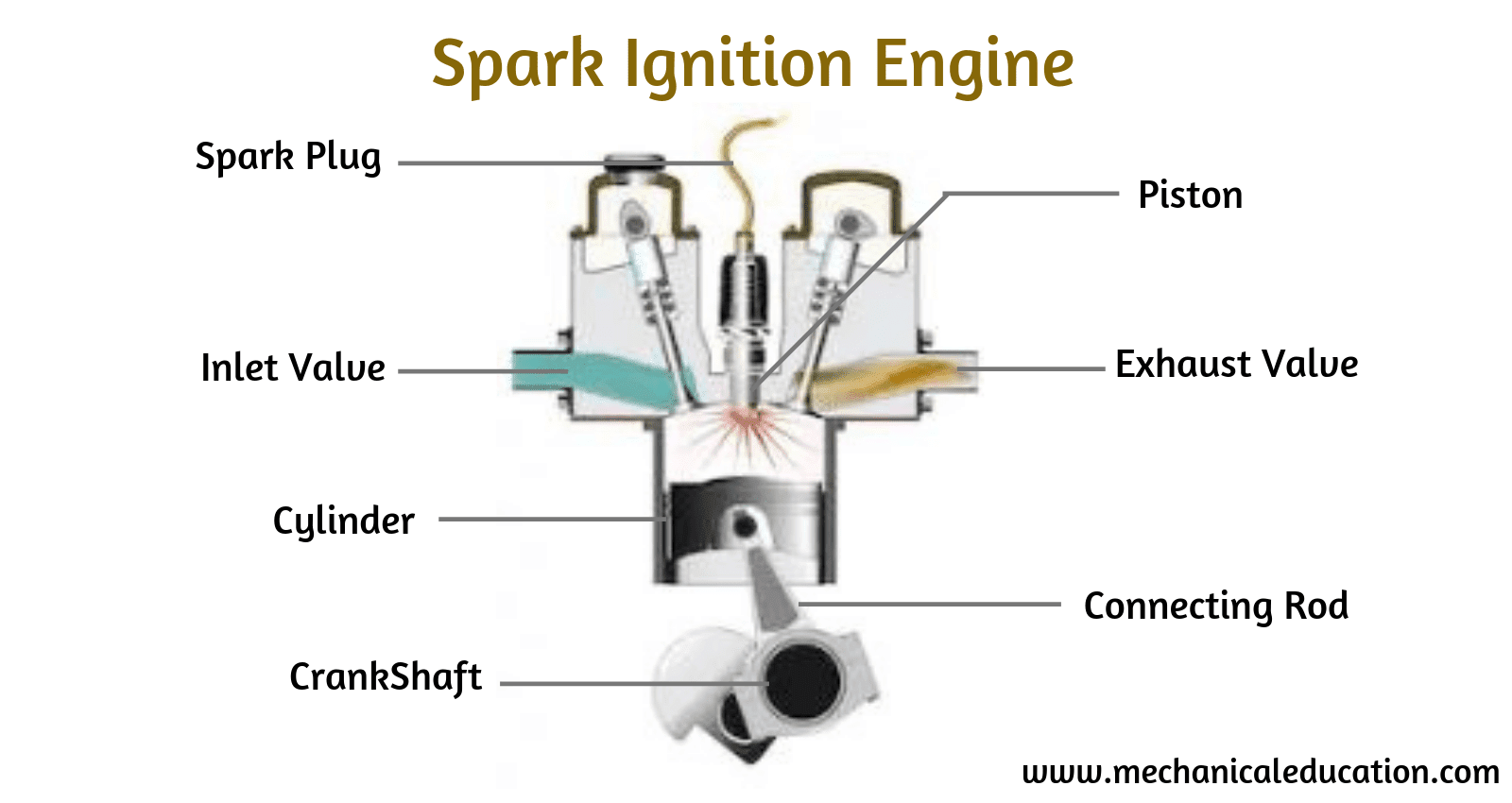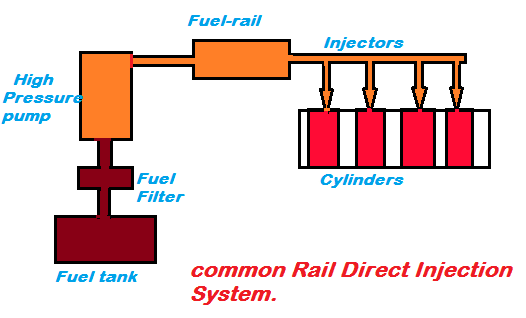Regular car maintenance is crucial for extending the life of your car. Here are some car care tips to help keep your ride in good condition for as long as possible:
- Follow the manufacturer’s maintenance schedule: Your car’s owner’s manual will have a recommended maintenance schedule that outlines when to perform routine maintenance tasks like oil changes, tire rotations, and brake inspections. Stick to this schedule to keep your car running smoothly.
- Check the fluids regularly: Your car relies on several fluids, including oil, coolant, transmission fluid, and brake fluid. Check these fluids regularly and top them off as needed. If any fluids look dirty or low, have them replaced or flushed by a professional mechanic.
- Keep your car clean: Regular car washes help to remove dirt and debris that can damage your car’s exterior. It’s also a good idea to have your car waxed every few months to protect the paint.
- Check your tires: Your tires play a critical role in your car’s handling and safety. Check the tire pressure regularly and make sure the tires are wearing evenly. Rotate the tires according to the manufacturer’s recommendations to ensure even wear.
- Listen to your car: Pay attention to any unusual noises or vibrations coming from your car. These can be early warning signs of potential problems, and addressing them early can prevent more significant issues down the road.
- Address problems promptly: If you notice any issues with your car, don’t ignore them. Addressing problems early can prevent more expensive repairs down the road.
- Drive smoothly: Avoid harsh acceleration and braking, as well as aggressive driving. These habits can put unnecessary wear and tear on your car’s engine and other components.
By following these car care tips, you can help extend the life of your ride and ensure that it stays in good condition for years to come.
Frequently Asked Questions
1. Why is regular maintenance important for extending the life of a car?
Regular maintenance is crucial as it helps identify and address potential issues early, preventing major problems and ensuring the car operates efficiently, ultimately extending its lifespan.
2. How often should I change my car’s engine oil, and why is it necessary?
Engine oil should be changed as per the manufacturer’s recommendations or at regular intervals, typically every 5,000 to 7,500 miles. Regular oil changes help lubricate the engine, reduce friction, and maintain optimal performance.
3. What role does proper tire maintenance play in extending the life of a car?
Proper tire maintenance, including regular rotations, alignments, and maintaining correct tire pressure, ensures even tire wear. This not only improves fuel efficiency but also extends the lifespan of the tires and other related components.
4. How can I preserve my car’s battery life, and when should I consider replacing it?
Preserve battery life by avoiding excessive idling, turning off lights and electronics when not in use, and keeping the battery terminals clean. Consider replacing the battery if it’s more than 3-5 years old or showing signs of weakness.
5. Why is it important to check and replace air filters regularly?
Air filters prevent debris and contaminants from entering the engine, ensuring clean air for combustion. Regular replacement maintains engine efficiency, fuel economy, and contributes to an extended engine life.
6. How does maintaining the cooling system contribute to a car’s longevity?
The cooling system regulates the engine temperature. Regular checks on coolant levels, radiator condition, and thermostat functionality prevent overheating, ensuring the engine operates within its optimal temperature range.
7. What impact does regular brake system maintenance have on a car’s lifespan?
Regular brake system maintenance, including pad and rotor inspections, helps prevent brake failure and ensures effective braking. This not only enhances safety but also prevents damage to other components, contributing to the car’s overall longevity.
8. How can I protect my car’s exterior and paint to extend its aesthetic life?
Regular washing and waxing protect the car’s exterior from environmental elements, such as UV rays and contaminants. This not only preserves the paint but also prevents rust and corrosion, contributing to the car’s overall appearance and resale value.
9. What should I consider when it comes to transmission maintenance for a longer vehicle life?
Regular transmission fluid checks and changes, as recommended by the manufacturer, help maintain smooth shifting and prevent premature wear. Following proper towing guidelines and avoiding excessive loads also contribute to transmission longevity.
10. How does following the manufacturer’s service schedule impact a car’s overall lifespan?
Adhering to the manufacturer’s recommended service schedule ensures that the car receives necessary inspections, adjustments, and replacements at the right intervals. This proactive approach helps address issues promptly, contributing to the vehicle’s long-term reliability and longevity.




